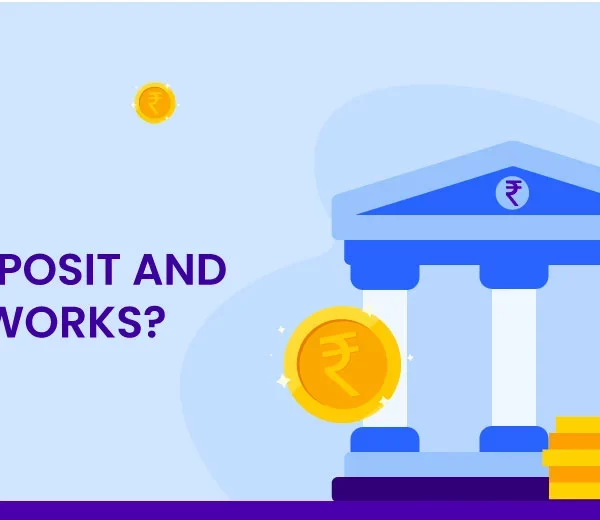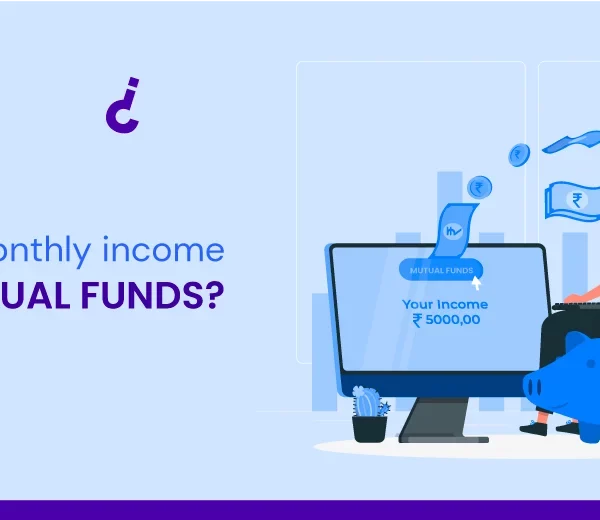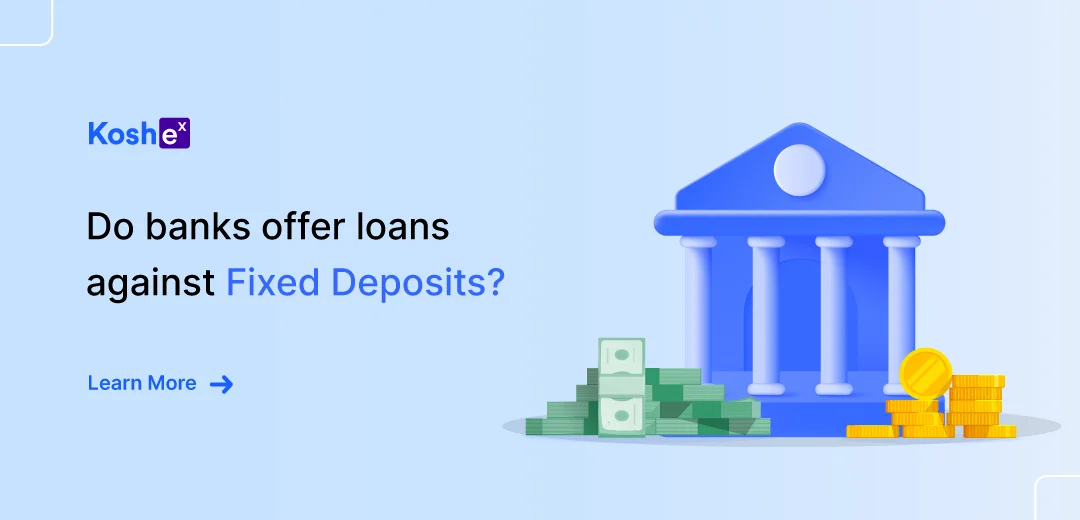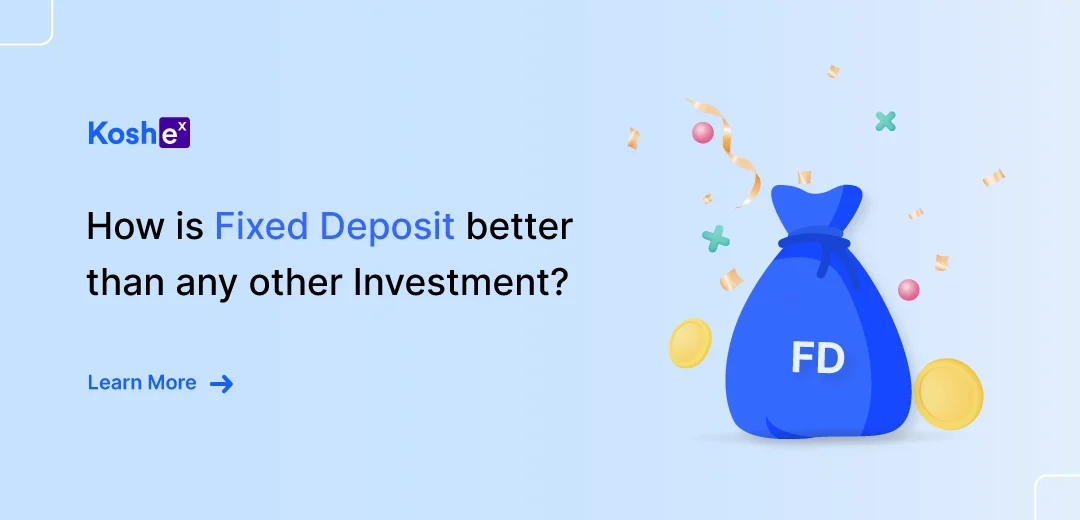There are a plethora of investment options available for investors these days, including short-term and long-term instruments. Today, we are exploring Short-Term Fixed Deposits and how they can help you.
Fixed deposits are a wonderful investment option for anyone looking to grow their money and take fewer risks.
An FD is an investment instrument offered by banks and non-banking financial companies (NBFCs). When you open an FD account, you can invest a sizeable amount of money at a predetermined rate of interest for a fixed period.
At the end of the FD period, you will receive the lump sum amount, along with interest.
Fixed deposits’ period ranges from a minimum of 7-14 days to a maximum of 10 years. This is why an FD is sometimes called a term deposit.
There are differences between short-term fixed deposits and long-term ones. This guide will help you understand more about short-term FDs so that you can choose the right one for your goals.
What Are Short-Term Fixed Deposits?
A short-term fixed deposit is an investment option offered by banks and non-banking financial companies (NBFCs).
Short-term FDs are suitable for short-term goals like 7 days to 2 years whereas long-term fixed deposits are best suited for long-term goals. You can choose the FD that is suitable for your goals and investment horizon.
On the other hand, you can also choose to withdraw your deposit prematurely. Most lenders and financial institutions would charge a penalty for premature withdrawal.
You can also get a loan with the FD account as collateral. This will help you in meeting your liquidity needs while continuing your FD investment. Banks offer loans, including home loans, loans against property, and personal loans against the FD.
Features Of A Short-Term Fixed Deposit
These are the features of a short-term fixed deposit.
- Maturity Period – The maturity period of a short-term fixed deposit ranges from seven days to 12 months.
- Numbers Of Times You Can Deposit – You can deposit money in such a term deposit only once
- Minimum Amount – The minimum amount you can deposit in a short-term FD will differ from bank to bank. Usually, most banks have a minimum deposit amount of ₹1000.
- Auto-Renewal – Usually, these deposits have an auto-renewal feature. This means that the FD is immediately renewed without going through any additional formalities.
- Interest Rate – The interest rate offered by short-term FDs is comparatively lower than other fixed deposit schemes.
- Taxes – You will have to pay taxes on your fixed deposit account. The tax rate will depend on your income tax slab rates.
- Premature Withdrawal – Most lenders allow depositors to withdraw their money prematurely. However, the bank may charge a penalty amount for withdrawing before the maturity date.
- Nomination Facility – You can nominate beneficiaries for your deposits.
Advantages Of Short-Term Fixed Deposits
Safe Investment Option – Investment in short-term fixed deposits is said to be highly safe and is suitable for risk-averse investors. Since market fluctuations do not have an impact on short-term FDs, they are suitable for conservative investors.
Liquid Option – Short-term fixed deposits offer liquidity as you can withdraw money even before maturity. However, the premature withdrawal will come with some penalty charges.
Easy To Invest – It is easy and quick to start investing in a short-term FD account, as you can start investing via online or offline mode.
Assured Returns – Unlike investment instruments, which are linked with the stock market, fixed deposits offer guaranteed returns. Your capital remains safe and secure in short-term FDs and you will receive returns that are higher than those of bank saving accounts.
Power Of Compounding – In short-term FDs, you can earn interest on interest, thus receiving higher returns and witnessing faster growth of your money.
Perfect For Short-Term Goals – The short-term FD account is suitable for short-term saving options like buying a new gadget or buying a gift for a family member.
Nomination Facility – Short-term FDs offer the facility for nominating a beneficiary while opening the deposit account.
Loan Against FD Account – These FDs allow you to take a loan against your FD account equivalent to 70-95% of funds. Also, this does not need a guarantor and it would differ from bank to bank.
Summing Up Short-Term Fixed Deposit – Benefits & Interest Rates
Short-term fixed deposits are a good option for anyone who is looking to put their money in a safe investment instrument and is looking to achieve their short-term goals with their maturity amount.
Short-term FDs are also a good option if you wish to put your idle money to good use. For example, if you wish to earn a corpus 12 months from now, you can invest easily the amount in a 12-month FD and earn some interest.
This will not be possible if you choose to put your money in a long-term fixed deposit.
If experts are predicting a decline in interest rates, you can consider choosing a longer-duration FD and lock in the current interest rates to be earned for at least five years.
Otherwise, you can choose short-term FDs to help earn high returns. You don’t have worry to about volatility, as the returns are guaranteed and they are not volatile because they are not linked to the market.
If you wish to invest in fixed deposits, all you need to do is create an account with Koshex within less than 2 minutes.
We have Corporate Fixed Deposits, which are guaranteed to help you earn higher returns than your bank savings account.
Apart from choosing corporate fixed deposits, you can also pick our other offerings that suit your goals and risk tolerance, including Mutual Funds, Smart Deposits, and Digital Gold.
Apart from making investments, you can also track your spending and manage your expenses efficiently with Koshex.
Koshex is a one-stop personal finance platform that will help you achieve all your financial goals with ease. Head over to our platform now and create an account with us for free.









Leave a Comment